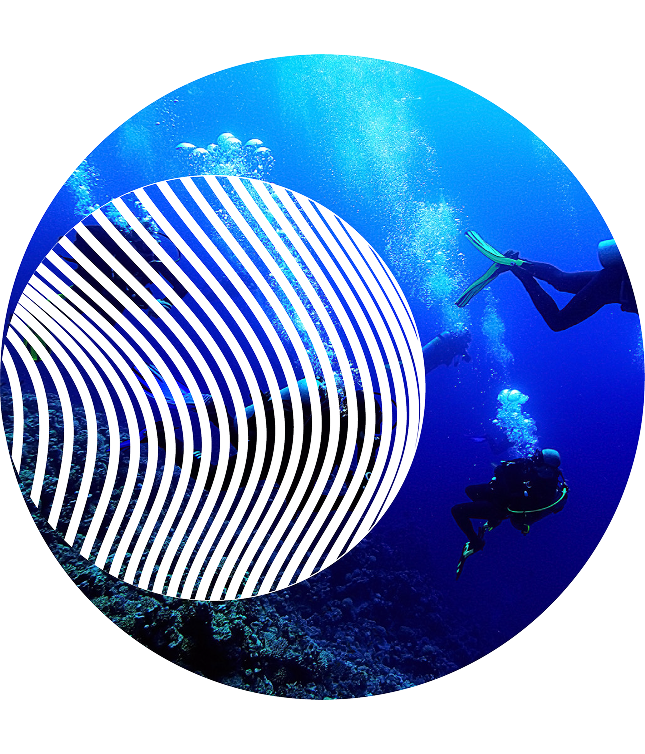
Access and Benefit-Sharing (ABS) for Biodiversity
Marine Biological Resource and Regulatory Compliance
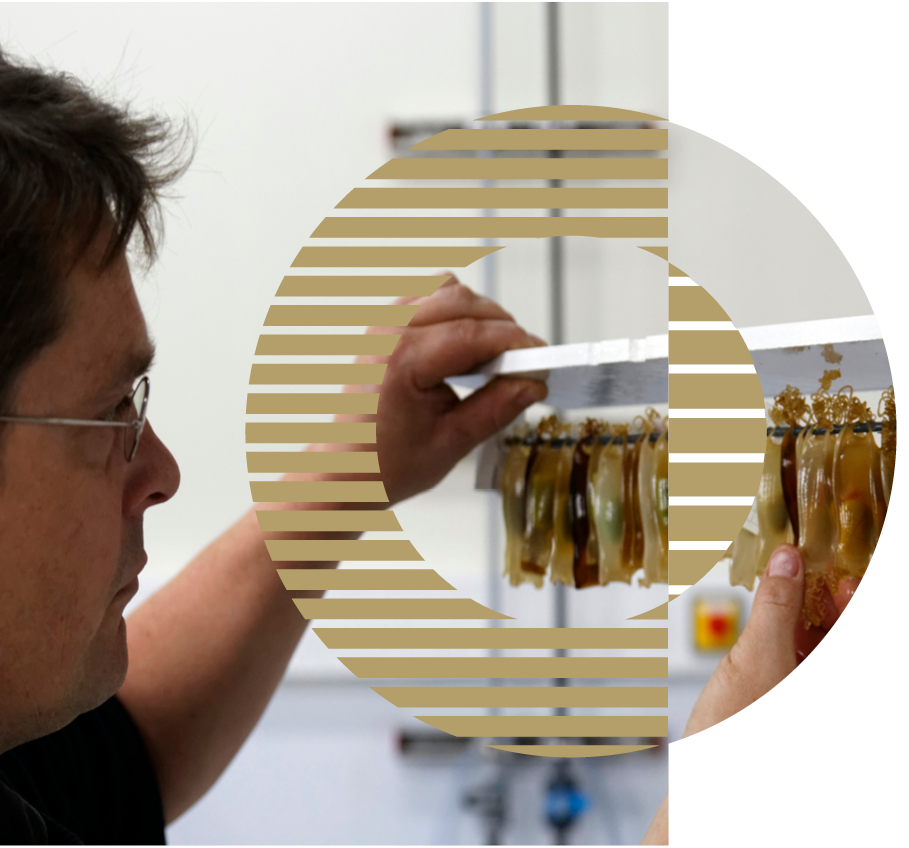
Part of EMBRC’s core mission is ensuring the sustainable use of bioresources in scientific activities. This involves supporting the compliance of regulatory frameworks impacting activities in the research sector.
EMBRC supports Access and Benefit-Sharing (ABS) compliance in its biological resource centres, including culture collections and biobanks. This is achieved through training, centralized due diligence when needed (e.g., with EMO BON, EMBRC’s biodiversity observatory in Europe), and maintaining consistent knowledge and practices across its member countries.
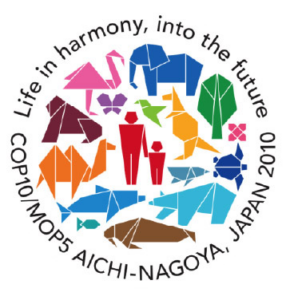
Access and Benefit-Sharing (ABS) is an international framework created under the Nagoya Protocol to the Convention on Biological Diversity.
Under this framework, any research using genetic resources – such as plants, animals or microbes – or traditional community knowledge must ensure the benefits are shared in a fair and equitable way with the source countries.
Ensuring ABS compliance and facilitating due diligence in research
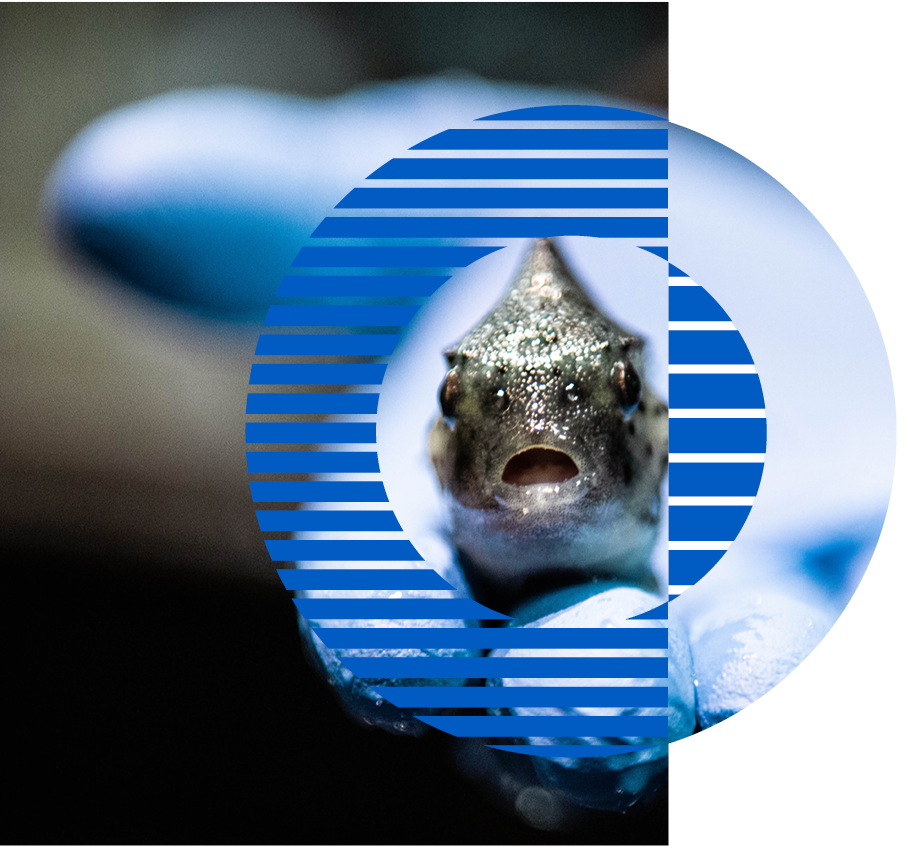
The ABS regulation is dedicated to ensuring the rights of the country providing the marine biological resources are protected. This requires users to exercise their due diligence before using marine genetic resources for their research. This means they must check their rights to use them and prove they use them legally, as well as seek, keep and transfer relevant information to subsequent users about the resources used before starting R&D activities in the European Union. This also applies to any other country that is a signatory to the Nagoya Protocol.
Researchers must determine if they have to comply with ABS …
The ABS regulation is dedicated to ensuring the rights of the country providing the marine biological resources are protected. This requires users to exercise their due diligence before using marine genetic resources for their research. This means they must check their rights to use them and prove they use them legally, as well as seek, keep and transfer relevant information to subsequent users about the resources used before starting R&D activities in the European Union. This also applies to any other country that is a signatory to the Nagoya Protocol.
Researchers must determine if they have to comply with ABS requirements by consulting the ABS Clearing-House (ABSCH) or by contacting the National Focal Point.
Accessing marine organisms and facilities for research — such as biobanks and culture collections — through research infrastructures is integral to supporting legal compliance of regulatory frameworks and the lawful and sustainable use of marine genetic resources. EMBRC facilitates due diligence of users by giving access to marine biological resources in compliance with the legal ABS framework.
Our Work Includes:
TRACE: EMBRC’s Catalogue for Marine Biological Resources
EMBRC provides access to TRACE, a searchable catalogue of marine biological resources accessible within its research infrastructure. Developed through the European Blue Biobank (EBB) project – funded by the EU’s Interreg Atlantic Area programme – the database facilitates due diligence and ABS compliance by including the ABS status and all relevant information for each resource in a comprehensive passport system.
Available in beta version, TRACE offers access to more than 4 000 marine biological resources. The catalogue will be further improved and integrated into EMBRC’s approach for traceability across its European network.
Browse TRACE

EMBRC ABS Guides for Researchers and Institutions
While the ABS regulatory framework is essential, navigating through the legal regulations can be often challenging for the research sector.
In line with EMBRC’s goal to foster an ABS community of practice and sustain long-term partnerships between biological resource centers and providing countries, EMBRC offers two guides designed to promote due diligence and the sustainable use of marine biological resources in Europe.
These efforts aim to position EMBRC as a leading organization in best practices under the EU ABS Regulation, with a vision to gain recognition for its robust procedures and tools.

